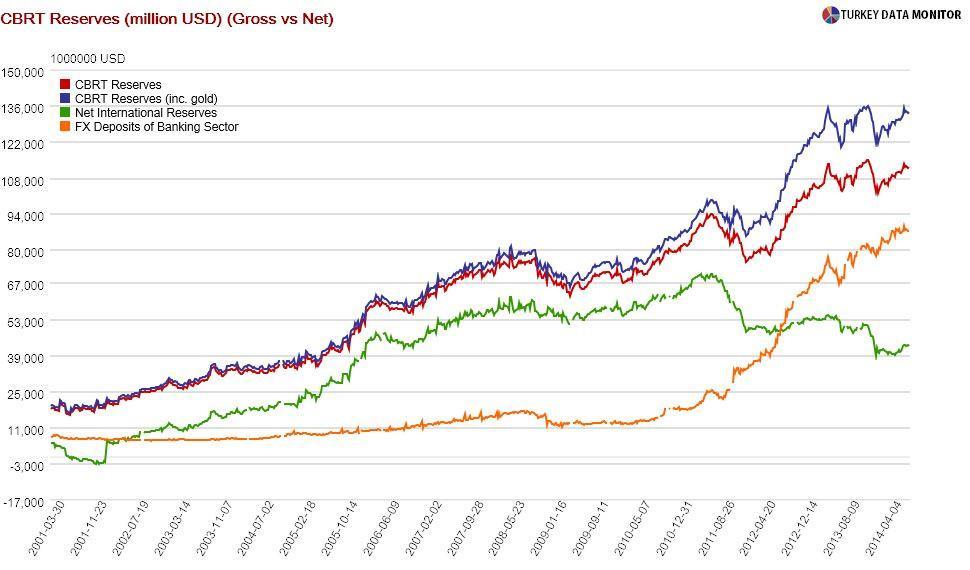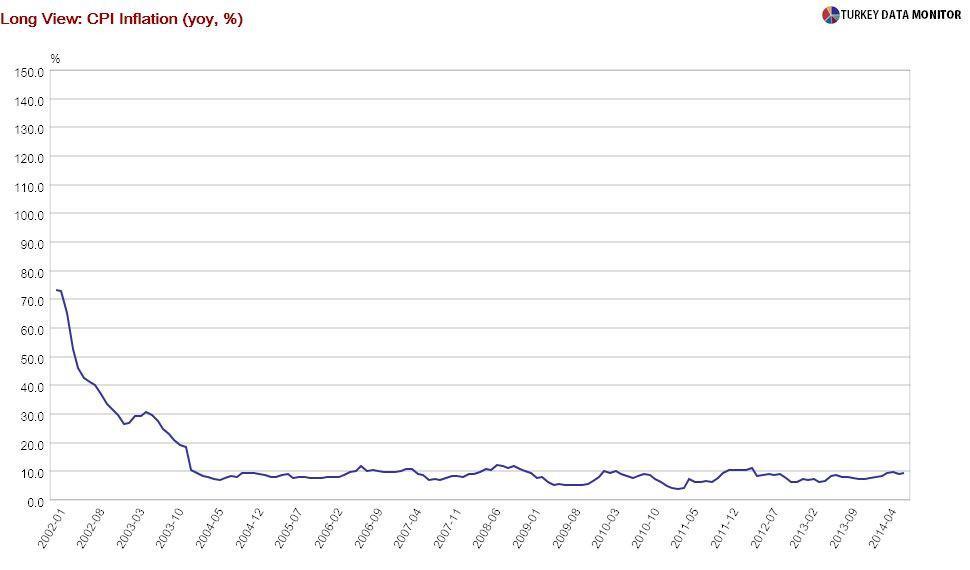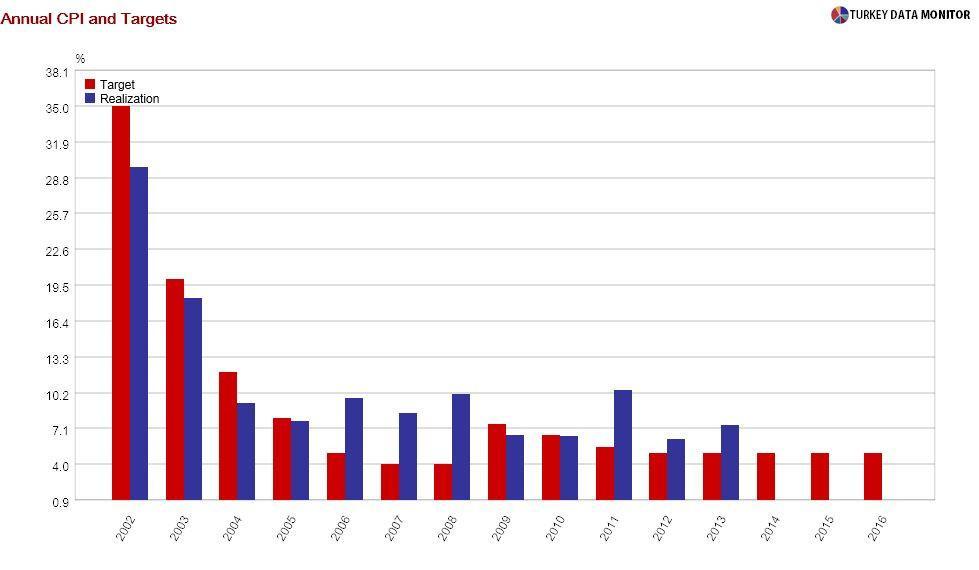Balcony lies, vacationers and other election myths
 Ever since I watched Madonna sing from Casa Rosada in Evita, I have had a soft spot for balcony speeches. Not anymore. Supreme Leader Recep Tayyip Erdoğan’s remarks on the Turkish economy during his balcony speech following his election victory were full of factual errors, if not outright lies.
Ever since I watched Madonna sing from Casa Rosada in Evita, I have had a soft spot for balcony speeches. Not anymore. Supreme Leader Recep Tayyip Erdoğan’s remarks on the Turkish economy during his balcony speech following his election victory were full of factual errors, if not outright lies.For example, Turkish income did not rise threefold during the Justice and Development Party’s (AKP’s) rule. As I explained in a column when Finance Minister Mehmet “Nominal” Şimşek made that claim last year, that figure was obtained without adjusting for inflation or the exchange rate. The real growth rate since 2004 is 46 percent, which is actually less than most other emerging markets’.
Erdoğan also remarked that the Central Bank’s reserves were depleted before them, but now the state had $133 billion in its coffers. Notwithstanding the fact that reserves are not the government’s war chest, he is talking about the Central Bank’s gross reserves including gold, which include commercial banks’ foreign currency deposits at the Central Bank. Net reserves, which exclude the Bank’s liabilities, have been more or less constant for the last decade.

Erdoğan also underlined that while Turkey owed the IMF $23.5 billion when they came to power, she was now lending them $5 billion. The Central Bank did make a commitment to lend that amount if the Fund needed it, but there has not been a transfer of funds. I guess the Supreme Leader does not worry about such trivialities.

Otherwise, he would not have mentioned the decline in inflation from 30 percent to single digits, as inflation was already in a falling trend, thanks to the policies already in place, when the AKP came to power. The real picture is much less rosy, with the Central Bank having achieved the inflation targets it sets with the government only four times during the last decade.

Moving on, it seems that everyone was too quick to put the blame of opposition candidate Ekmeleddin İhsanoğlu’s dismal performance on supporters of the main opposition Republican People’s Party (CHP), who supposedly did not vote because they were on vacation. According to polling company Ipsos, not only the CHP had fewer absentees (as a share of supporters) than the AKP, half of its supporters who did not vote did so because they did not like their party’s candidate, or any of the candidates for that matter.
By comparing provincial votes at the (March) local and presidential elections, researchers at Istanbul think tank Betam conclude Erdoğan was able to win in the first round mainly because of the many Nationalist Movement Party (MHP) supporters (more than one in four according to Ipsos) who chose Erdoğan over their party’s candidate İhsanoğlu in all but a few Western provinces.
But I wouldn’t put the blame on the MHP, either. Voters gave the following top five reasons to Ipsos for having voted for Erdoğan: He has served Turkey well, he could provide domestic peace, he has international repute, he is devoted to democracy and human rights, and last but not the least, he will battle corruption.
As French philosopher Joseph de Maistre noted, “Every nation has the government it deserves.”
Erdoğan would be pleased to know that the prophet Muhammad made the same remark more than 1,000 years earlier: “Your rulers are as you are.”










